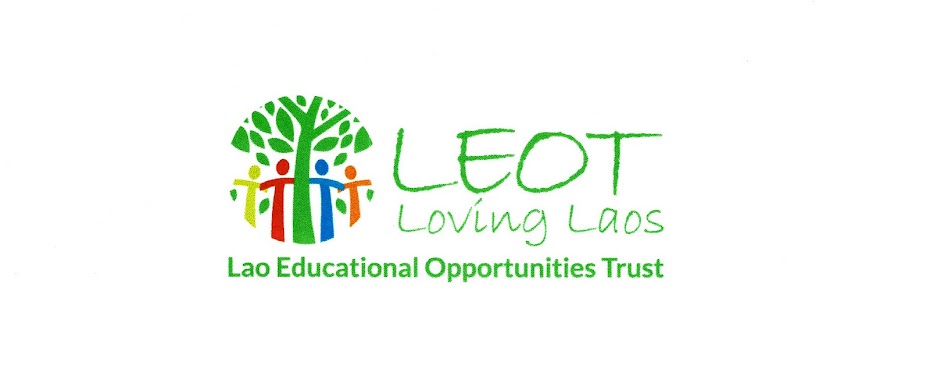Blog article from Intermediate 2 Class at LEOT |
This is a discussion about the development
of Human Resources
Resources are very important to the
economic development of our country and to our society culturally. There are
two kinds of resources:
- Natural Resources
- Human Resources
Human resources are very important in the
development of our economy and society, especially in cultural areas. Why does
our group here at LEOT English Language Centre in Luang Prabang in Lao PDR say
this? Because we believe that human resources are helped by education – in
gaining knowledge and experience that also helps the important hand skills – to
make houses, hospitals, airports, roads and bridges. All of these things are
made by human resources – not made by natural resources such as buffalos, cows
or chickens.
Our group thinks there are many people who
would like to know the answer to this question:
“Who is the human resource”?
The human resource is every person in the
world – you; me; all of us.
We also believe that human resource development has
two main points:
- Education
- Public Health
 |
| The LEOT School |
On education it is very essential to
development of economic and cultural well being. Everyone should be acknowledged
in this either for their knowledge or their hand skills. We would like to ask
every person: “How can we get knowledge or where is knowledge to come from”? We
get knowledge from education; therefore education is very essential for the
development of human resources. The Government of Laos PDR tried to expand
education from the city to the
countryside and tried to give the hill tribes education. The purpose is to eradicate illiteracy on Laos PDR
countryside and tried to give the hill tribes education. The purpose is to eradicate illiteracy on Laos PDR
On public health it is very essential to have too. Because strong health is part of the country’s development and is just as important as education. If we have education we are clever but if we don’t have strong health it doesn't have meaning and the country cannot be developed.
Therefore all of us have to try to study hard; research many subjects, especially English language because English is an international language and is used everywhere at the present time and we have to use our knowledge to be useful and we also have to remember “Healthcare”.



